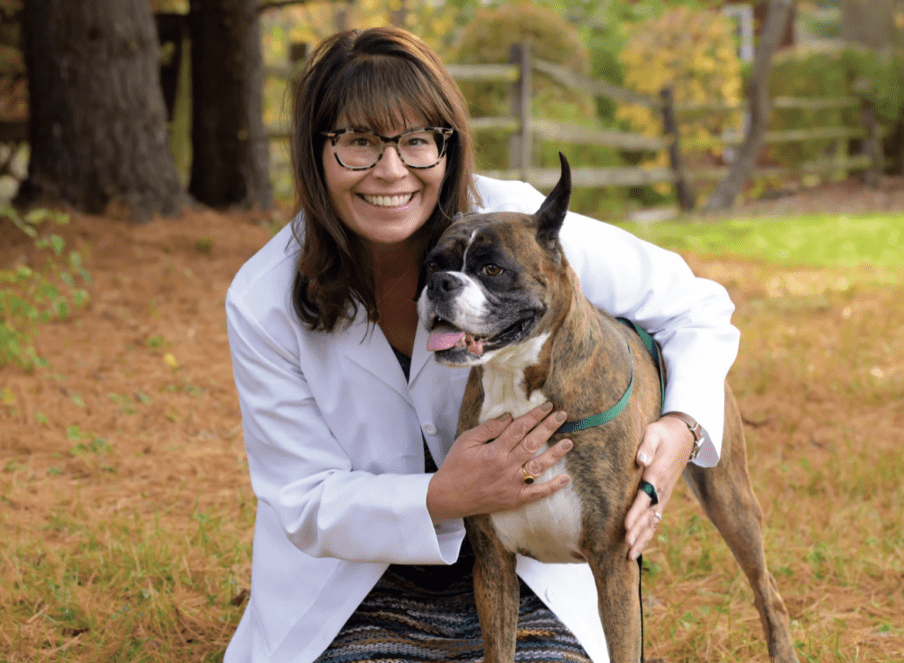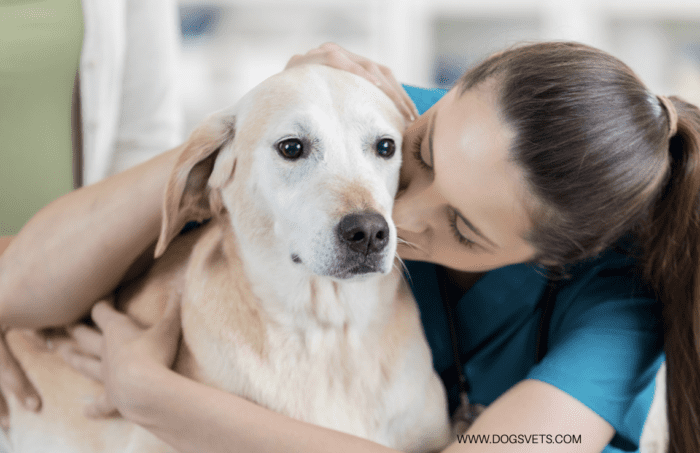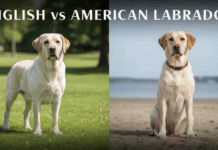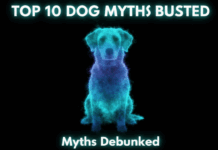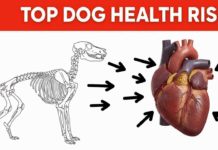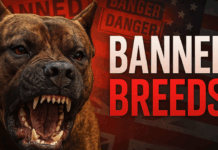Last Updated on October 19, 2022 by Dogs Vets
A veterinarian diagnosed with cancer offers pet advice and tips!
A veterinarian diagnosed with cancer discusses the knowledge she has gained by working with animal clients
Dr. Renee Alsarraf, who had spent her whole professional life focusing on cancer treatment, found it difficult to deal with the news of her own diagnosis.
We tend to think of cancer as a disease that only affects humans, but in reality, dogs, cats, and a variety of other animals can also be affected by it.
According to fossil evidence, dinosaurs just like us developed cancerous tumors in their skeletons.
When our four-legged friends are diagnosed with cancer, they are given some of the same therapies that human patients are given.
These treatments include radiation and the same chemotherapy medications, but most of them do not lose their fur as a result of the treatment.
Dr. Renee Alsarraf has worked in the field of veterinary oncology for more than 20 years, during which time she has provided cancer treatment for a vast number of animals.
Then, during the summer of 2018, she was given the news that she, too, had the disease: endometrial cancer, which is a form of uterine cancer that begins in the uterine lining.
Alsarraf, who is 55 years old and lives in Montclair, New Jersey, shared her story with TODAY in the hopes that it will serve as a warning to other women.
“I had no clinical signs. I did not experience any weight loss. I wasn’t sluggish at all.”
Frequent Asked Questions
How long does it take for a dog to die from cancer?
Without treatment, the average amount of time someone survives after receiving a diagnosis is roughly two months.
Do dogs have the ability to sense when they have cancer?
Summary. Dogs have a nose that is so acutely attuned to scent that they are able to identify the distinct odor profiles associated with different kinds of cancer.
By sniffing people’s skin, bodily fluids, or breath, they can detect several forms of cancer, including colon cancer, prostate cancer, breast cancer, and melanoma, among others.
How can a dog that has cancer be made to feel more comfortable?
She goes on to say that although each dog and diagnosis is unique, sick dogs typically require a great deal of relaxation as well as low-stress activities.
For instance, if your dog has bone cancer, which raises the likelihood of fractures, it is best to take him on a leisurely stroll rather than jog with him or allow him to play roughly with other dogs.
What can you say to comfort someone whose dog has been diagnosed with cancer?
Listen – Sometimes simply listening is the most helpful thing you can do to assist. Demonstrate compassion.
You may not be able to cure the cancer that has been diagnosed in your friend’s pet, but you can say “I’m sorry” and offer them a shoulder to cry on.
How does a vet diagnose cancer in a dog?
Staging the cancer enables the veterinarian to determine whether or not the disease has metastasized, or spread, throughout the body. In certain instances, they will be able to determine the stage of the cancer based on the results of the diagnostic process.
Needle aspiration, biopsy, blood work, ultrasounds, and other diagnostic procedures could be performed as part of the testing process.
Is it painful for dogs to get cancer?
Some of the pain associated with cancer can be quite severe. When a tumor invades neighboring tissues and grows in size, a patient may experience acute discomfort from cancer.
Acute pain can also be a reaction to medical procedures such as chemotherapy, radiation therapy, or surgery. Pain resulting from other aspects of cancer may be ongoing.
Is it possible for dogs to beat cancer without receiving treatment?
How much longer do you think my dog will live if the cancer isn’t treated?
It is contingent upon the tumor. As an illustration, sarcomas are typically aggressive tumors of connective tissue that develop locally. Some dogs will live for years with their owners if they are provided with palliative care and supportive care.
Is pumpkin beneficial for cancer-ridden dogs to eat?
Beta-carotene and vitamin A, both of which can act as antioxidants, can be found in abundant supply in pumpkin.
Similar to the antioxidants found in berries, those found in pumpkins help protect against the dangers posed by free radicals, which can include cancer, cardiovascular disease, inflammatory illness, and cataracts.
What kinds of foods should cancer-ridden dogs avoid eating?
Carbohydrates are very attractive to cancer cells. Carbs are used by tumors to accelerate the growth of cancer cells; therefore, if a dog’s diet contains a high level of carbohydrates, it will actually feed the tumor while starving the patient.
Should a cancer-stricken dog be given a bath?
When someone in your home has just got chemotherapy, you need to take extra precautions to clean the house thoroughly so that none of the poisons left behind by the treatment will have an effect on you or any of the other people or animals that live there.
During the course of their chemotherapy treatment, this may require you to give your dog some sponge washes on a frequent basis.
Source: Today
Facts Check
We hope you enjoyed this article… What are your thoughts?
Please feel free to share this article!

